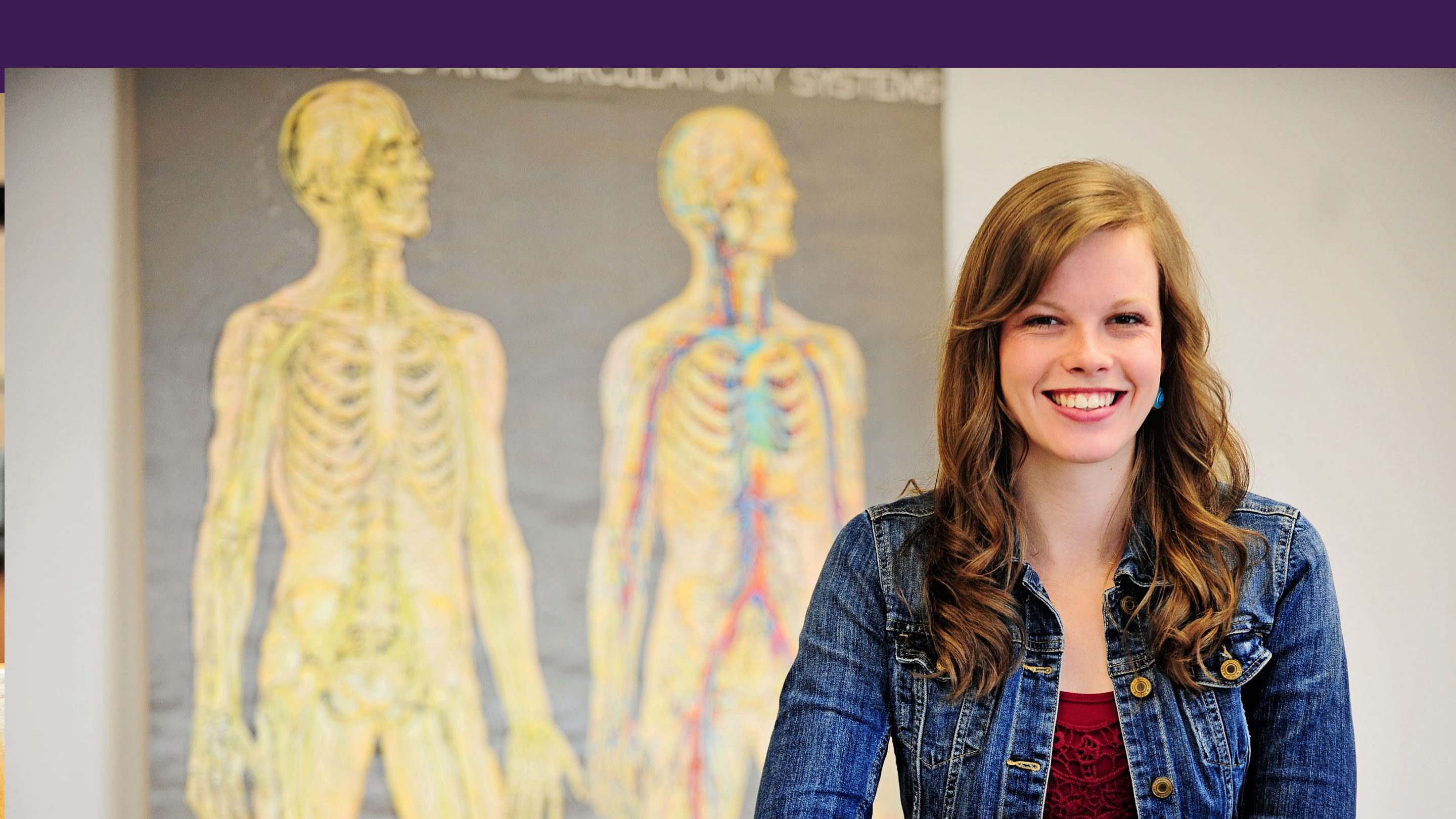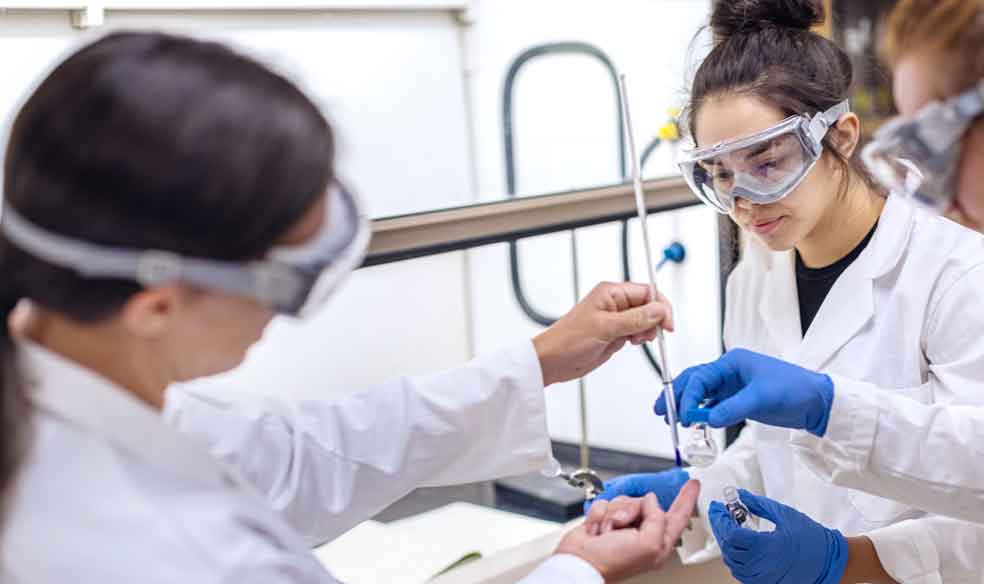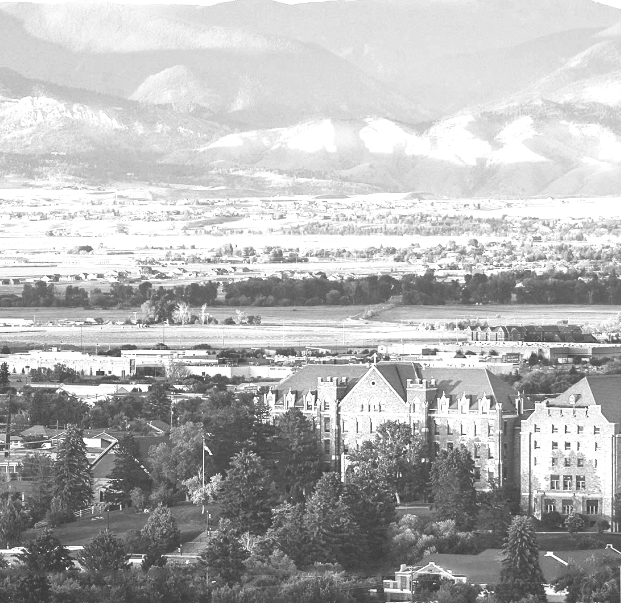The Pre-Physician Assistant (PA) Pathway, taken in conjunction with a major area of study at Carroll College, focuses on essential medically related sciences including microbiology, anatomy, and physiology. Depending upon the chosen major, Carroll also requires up six credits of internships as a way to help students build experience with work in this field. Students interested in pursuing a career as a PA often major in Biology, Health Sciences, or Chemistry. However, students can major in any degree program they choose, as long as they complete courses in the prerequisites for their chosen graduate programs.

Pre-Physician Assistant
Details
At Carroll, our Pre-Physician Assistant pathway focuses on building successful career paths for health professionals eager to perform a comprehensive range of medical duties in their field, from basic primary care to high-technology specialty procedures. Over the past 15 years, Carroll College has dedicated a strong effort to expand health science education, experiencing 205% growth in enrollment, which includes pre-professional health tracks like the Pre-PA pathways offered today.
- Pre-Professional

About the Program
Those who complete their PA prerequisites at Carroll, and graduate from a PA graduate program can continue their career as a physician assistant. PAs have a long-standing tradition of serving in areas of need and providing care to those who might otherwise have little or no access to quality health care. PAs work everywhere, from remote rural settings to major urban centers, in doctors’ offices, hospitals, clinics, HMOs, the armed forces, and other federal government agencies.

More than 140 accredited Pre-PA programs are located throughout the United States. They are generally affiliated with two- and four-year colleges and university schools of medicine or allied health. Most program application deadlines fall between November and March and most programs begin between May and September. A list of PA programs can be found on the Physician Assistant Education Association (PAEA) website.
Certainly. In some rural areas where physicians are in short supply, those who become PAs serve as the primary providers of health care, conferring with their supervising physicians and other medical professionals as needed and as required by law. Physician assistants (PAs) can be found in virtually every medical and surgical specialty.
Physician Assistants’ responsibilities depend on the type of practice they work for and their interests and experience. The working relationship with physicians and other health care providers, as well as state laws, will also govern the type of work they perform.
To practice as a PA, students must first earn an undergraduate degree, and then continue their education at an accredited graduate PA program. Once a student earns their graduate degree, Physician Assistants (PAs) become health professionals licensed to practice medicine with physician supervision. PAs perform a comprehensive range of medical duties, from basic primary care to high-technology specialty procedures. PAs often act as first or second assistants in surgery and provide pre-and postoperative care, opening the door to a range of career opportunities in the following areas of expertise:
- Psychology
- Radiology
- Telemedicine
- Dermatology
Students will take courses such as Anatomy and Physiology, Microbiology, and Physics, as well as additional courses focused on math, writing, and ethics.
To successfully complete the PA prerequisites, a student must earn a grade of “C-“or better in all required courses.
Admissions criteria vary widely across PA programs. Students need to check specific admissions requirements for programs of interest. Generally, the following coursework is required to gain admission to a PA program:
- General Biology: 2 courses with labs
- Human Anatomy and Physiology: 2 courses with labs
- General Chemistry: 2 courses with labs
- Microbiology: 1 course with lab
- Statistics: 1 course with lab
- Psychology: 2 courses
Many PA graduate programs also require:
- Organic Chemistry: 1 course with lab
- Biochemistry: 1 course with lab
- Genetics: 1 course with lab
- Physics: 1-2 courses with labs
- Medical Terminology: 1 course
For a full list of required and recommended courses, visit our Academic Catalog.
When we award a financial aid package it is not just to get you here, it is a four-year commitment to see you graduate and succeed. Every year you will have the opportunity to meet with financial aid, renew your goals, explore opportunities for on-campus work, and make sure you are on track with any borrowing.
See the cost of attendance information for full-time students.
Students with different financial backgrounds choose to attend Carroll College every year. There are many ways to fund your college experience and invest in your education and future. Find out more
We are happy to answer any questions you may have! Request information or call us at (406) 447-4384.
You can also reach out to us about the Pre-PA pathway by contacting our Pre-PA faculty advisors:
